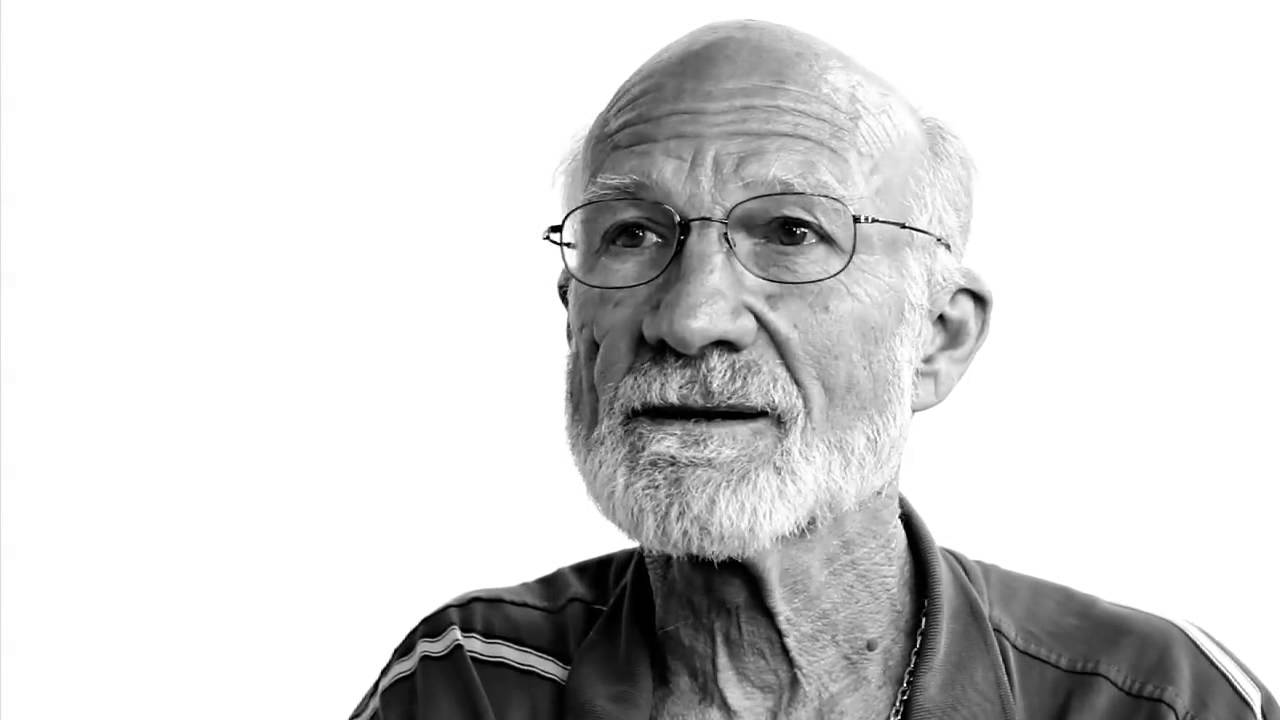The scene is despairing: four adventurers have lingered far too long in a subterranean city. Slowly, under the enchantment of an evil witch, they have begun to forget that there is life beyond the cavern she rules imperiously. With the help of a fire billowing thick, intoxicating fumes, the witch has well-nigh convinced the adventurers that the best things they remember from above—a brilliant sun and a talking lion—are mere fabrications of the imagination.
Login to read more
Sign in or create a free account to access Subscriber-only content.
Topics:
